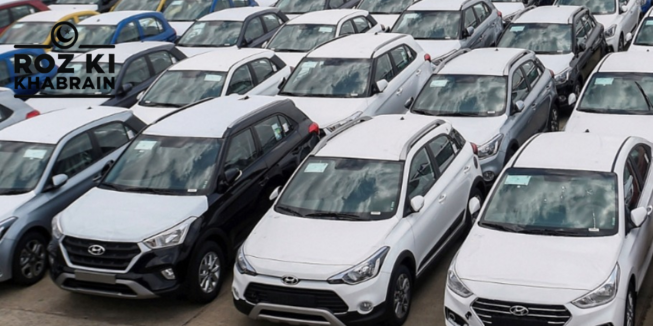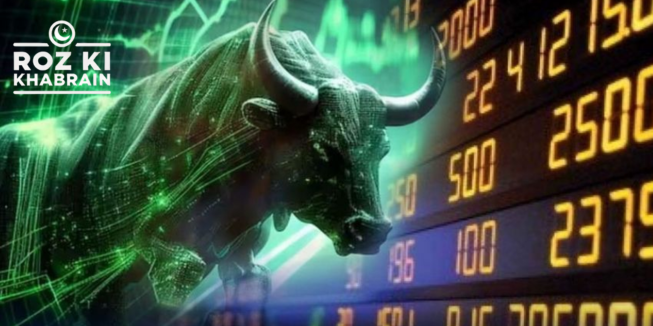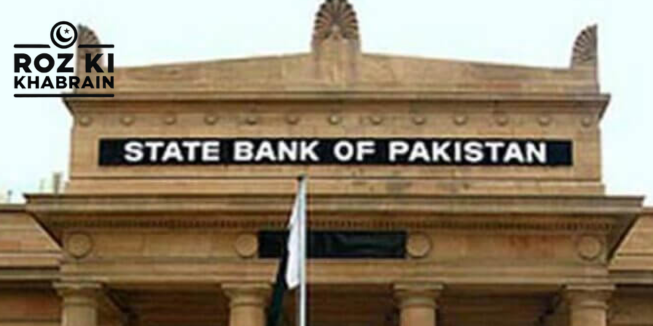Passenger car sales surged by 49.7% to 38,534 units in the first five months of the current fiscal year compared to the same period last year. This increase is attributed to several factors, including attractive schemes from automakers, lower interest rates, and the approaching new year.
While there was a slight month-on-month decline in car sales, the year-on-year growth offers positive signs for the industry, especially as consumer spending typically increases during the final months of the year.
According to the Pakistan Automotive Manufacturers Association (PAMA), sales of trucks and buses grew by 91.1% to 1,368 units and 68.1% to 237 units, respectively. Sales of jeeps and pick-ups rose by 55.4% to 12,259 units, and two- and three-wheeler sales (motorbikes and rickshaws) increased by 25.9% to 578,364 units. However, the farm tractor sector saw a 50.2% drop, with sales falling to 10,367 units.
For the first time, PAMA also reported sales data for new energy vehicles (NEVs)/electric vehicles (EVs), revealing that 63 NEVs were sold last month.
Mashood Khan, an auto sector expert, commented that the latest data shows a slight month-on-month decline but a positive year-on-year trend. “This indicates an optimistic outlook for the industry as it gradually recovers,” he said, noting that projections for January to June 2025 suggest improved performance over the previous fiscal year.
Despite these positive trends, long-term sustainability remains uncertain due to challenges such as political instability and limited purchasing power among consumers. However, the expected reduction in interest rates this month could provide relief to both businesses and consumers.
The rise of locally assembled EVs marks a significant step toward modernization, although these vehicles are primarily targeted at the elite class. To make EVs more accessible, manufacturers must focus on affordability and address infrastructure gaps, such as the availability of charging stations.
Meanwhile, the two-wheeler EV market holds considerable potential, offering an affordable and sustainable solution for the future.
Muhammad Sabir Shaikh, another auto sector analyst, highlighted that approximately 13 gasoline car companies are operating in the market, many of which have introduced interest-free cash schemes lasting six to 18 months. These schemes, along with lower interest rates, have contributed to the growth in auto sales. He also believes that NEVs could be transformative in the coming years, provided that companies invest in technology transfer, local production, and the development of essential infrastructure, such as charging stations and service workshops.




